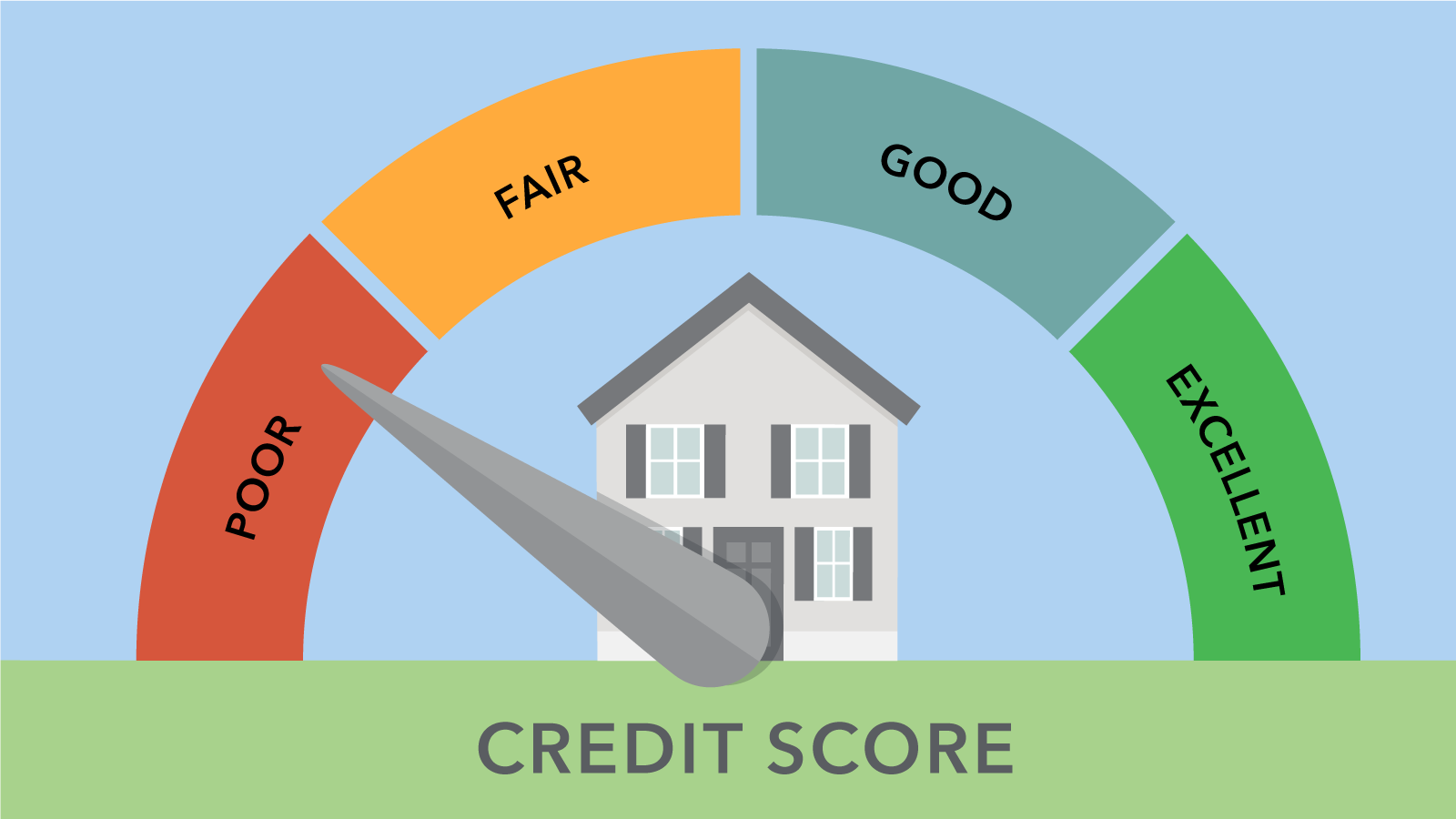If you've recently purchased a primary home in Florida, it's crucial not to overlook the filing deadline for the Homestead Exemption, which is March 1st. Missing this deadline could result in significant financial losses for homeowners.
The Homestead Exemption is a valuable tax break available to Florida homeowners, allowing up to $50,000 to be deducted from the assessed value of a primary/permanent residence. This exemption can lead to substantial savings on property taxes, with the first $25,000 of value entirely exempt and the second $25,000 exemption applying to the value between $50,000–$75,000.
Additionally, the Save Our Homes Amendment, which went into effect in 1995, limits the annual increase in the assessed value of a home to 3% or the inflation rate, whichever is less. This provision ensures that homeowners do not face steep increases in property taxes, even as property values rise.
To qualify for the Homestead Exemption, homeowners must establish Florida as their legal domicile and reside on the property as of January 1st of the filing year. Proof of Florida residency and Social Security numbers are required for all owners residing on the property.
The application for the Homestead Exemption can be completed electronically at your county's Property Appraiser's website. The deadline for filing is March 1st, with late-filed applications considered up to the 25th day after the mailing of the yearly Notice of Proposed Property Taxes (TRIM), typically sent in August.
It's important for homeowners to be aware of these deadlines and requirements to ensure they receive the maximum tax benefits available to them. Missing the deadline could result in missed savings and potential penalties.
For more information on the Homestead Exemption and other available exemptions, homeowners can contact their local property appraiser's office.


